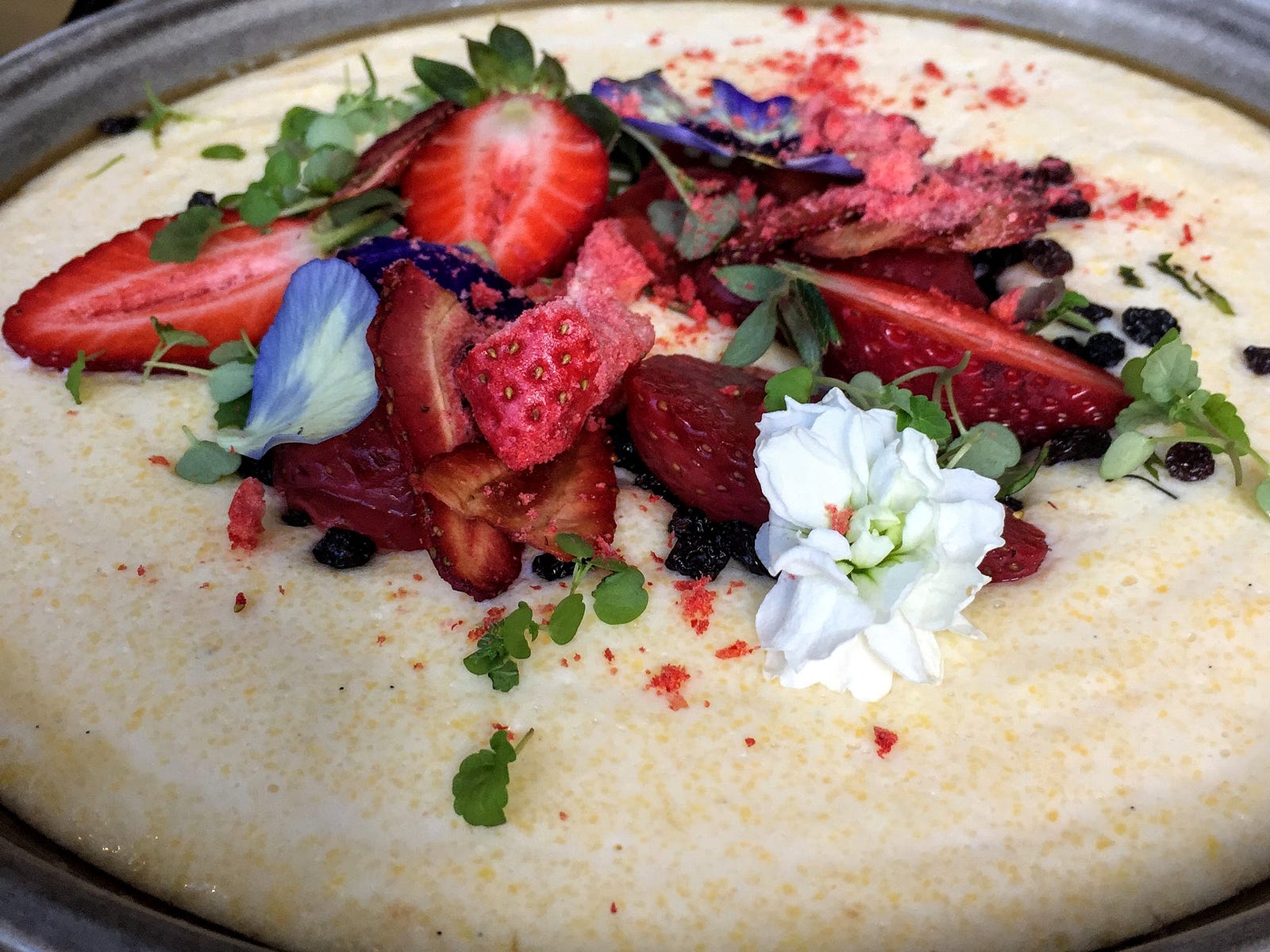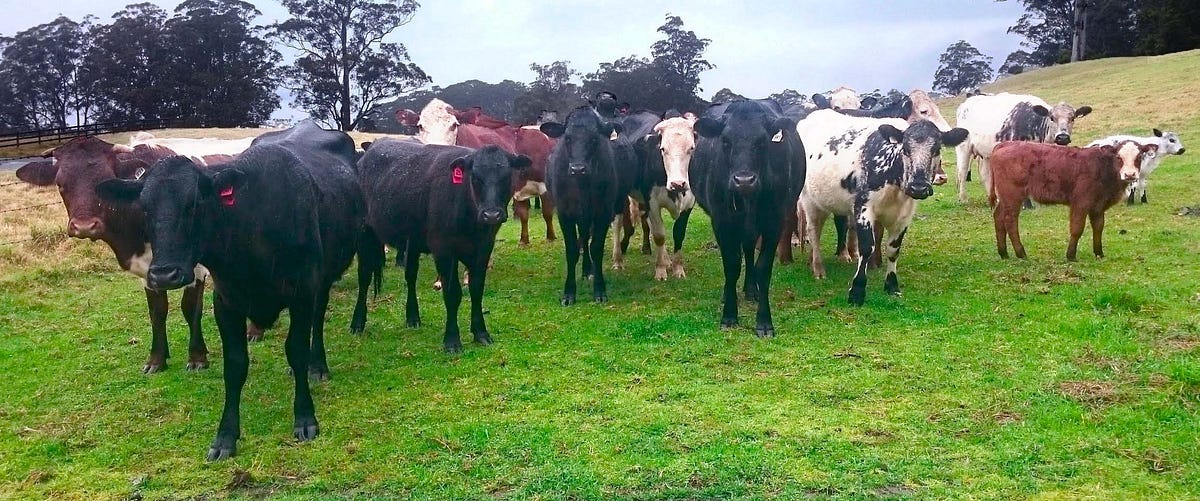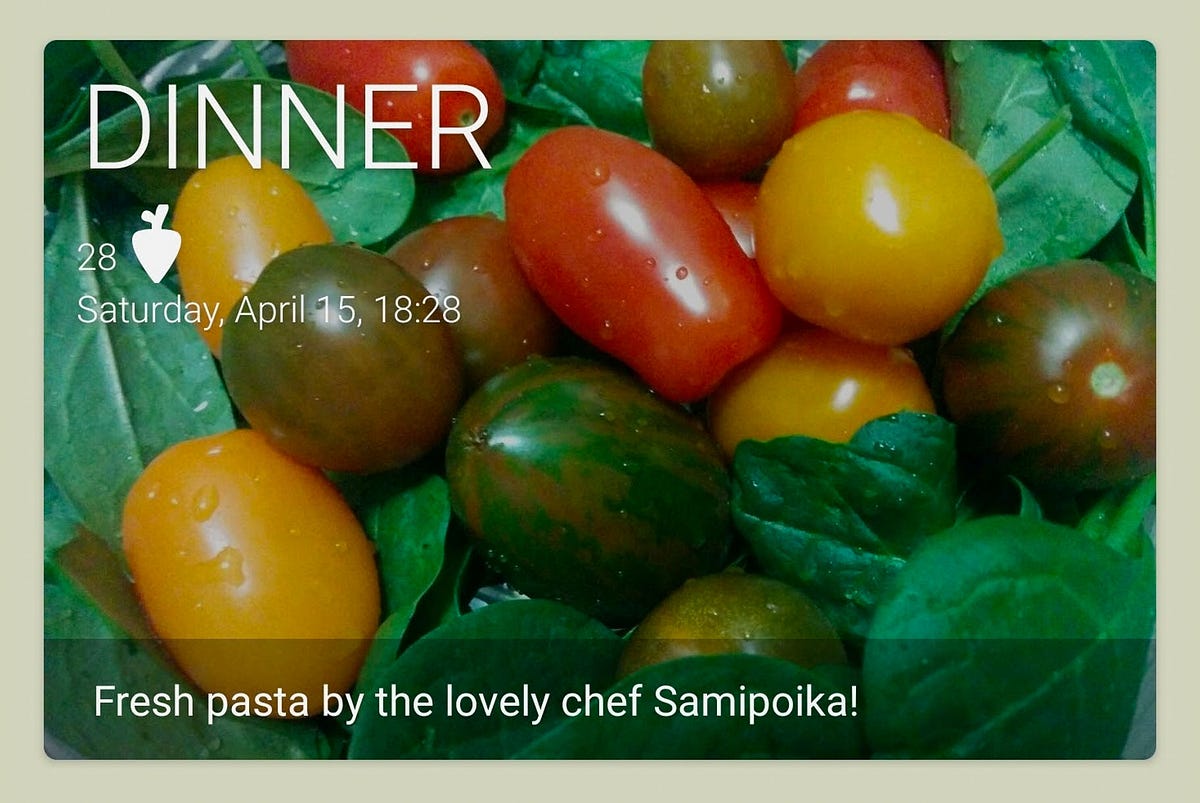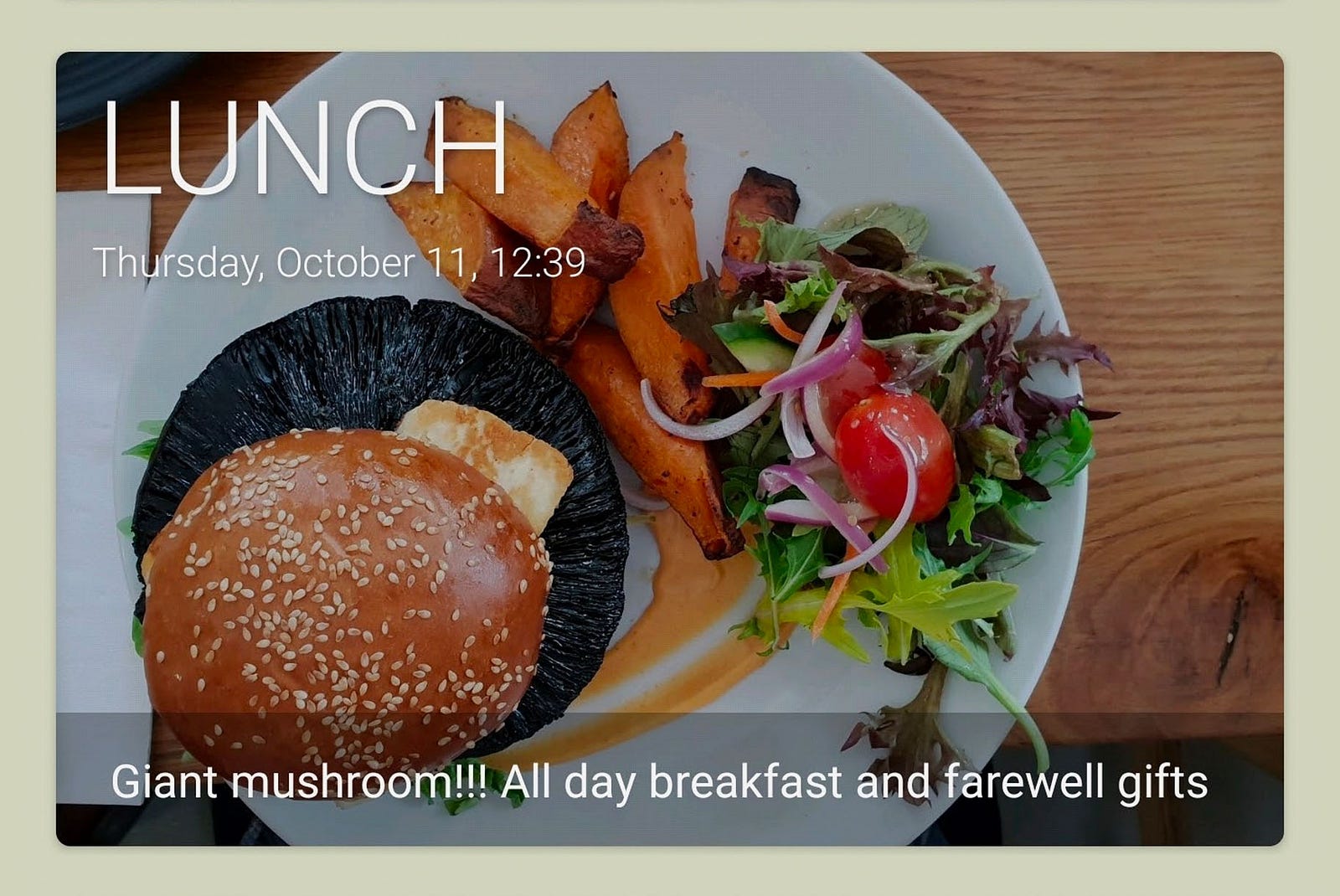Dear Earth...
Since 1970 we celebrate the 22nd of April to pay respect and thank our very one and only, our amazing and mysterious, powerful yet vulnerable, home sweet home: the Earth.
Our planet is unquestionably beautiful, not always gentle, but definitely rich and colourful! It gives us so many wonders that fill our hearts through all our senses. It gives it all and as a good mother, even after the wildest of storms, she rebuilds herself to keep feeding us and giving us a home.
 | |
|
It is not always an easy and peaceful home in her wildest corners though. Sometimes she can be unpredictable, testing the strength and adaptability of her inhabitants. Unfortunately for her, testing went too well with the human race, and so we got better and better at predicting her, tamed or subjugated every possible creature we encountered, every tree, every ecosystem our race stepped on.
That power our human race seems to have over the Earth has given us easy lives in enjoyable cities, all of the wonders from remote spots of the world in one place, and among many treats, the incredible ability to eat for pleasure, not just for need.
Nourishment and energy are of course still the main reasons we eat, but we live in very lucky times where more than 80% of the population (that is almost 6 billion people) have enough food security to decide from a few options what will be in their plate in a regular basis. I can bet that you, dear reader, are one of us lucky bipeds with enough food security to have more than 5 ingredients in your dinner table tonight.
Food is beautiful
The choice of a colourful and tasty meal is such a beautiful thing, that pictures of chefs’ creations fill the internet, films, and media today in the way of an art gallery.
But will this luxury of eating almost anything we’d like from about every corner of the world last forever? It seems the answer is no, and not only “not forever”, but it might last a very short period in time if we don’t pause a little, dig a bit more in every single ingredient, go back to every source, and understand what it takes to bring that irresistible burger to our neighbourhood tonight.
 | |
|
Let’s take a moment of mindfulness around food.
Where might each of the ingredients from that burger come from? From how many farms? How much transportation was needed? How many years of resources like water, crops, etc. did it take to grow our cow?
 | |
|
There are more than a billion cows in the world already, the majority in India, Brazil, and China. Cows and sheep are the largest methane producers (they burp wildly!). We, humans, are of course in mass production ourselves and sum up in crazy numbers, more than 7 billion people require a lot of resource from our poor world,… and generate a lot of burping. Still, the number of cows are currently producing over 1,000 times more methane than all of us humans! …and that is only the burping part! Methane gas, by the way, is the second largest contributor to greenhouse emissions with about 16%, after CO2 (76%).
Keeping cows alive and well-fed (hopefully on a beautiful, open, and spacey farm for our cow’s well-deserved happiness) for those ~3 years before they can become part of our burgers require a fair amount of energy.
A few hundred grams of beef, a tasty layer of cheese, and perhaps some tomato and a leaf of lettuce. All that adds up to about 3.7 kg of CO2 emissions, plus about half a kilo of methane.
True, most of the terrible greenhouse emissions we are producing at insane levels and harm the Earth are coming from energy generation: fossil fuels are burnt mostly for electricity, transportation, and construction. Eating less beef, lamb and dairy might only help with some 11% of those emissions directly, and food needs are complex, we can’t assume everyone could or should become vegan, but eating mindfully overall could help with much more.
What if…
To celebrate our world, all we 7+ billion people on Earth, would say thanks with a bit of mindful eating. Enjoying a meal from each ingredient’s story, appreciating every smell, every taste, every bite.
 |
| public eatup with Easter theme from the eatups app |
Mindfully choosing our food: Buy local and sustainable produce, grow at home what we can, compost and reduce food waste, demand food industry to only provide what we need (perhaps once in a while a bit more, but making it the exception, not the rule)…
All of these choices can help by reducing energy and transportation emissions, decrease the demand for farming that leads to deforestation, leave space to biodiversity for balanced ecosystems, and decrease methane emissions from organic waste.
The more we take our planet’s resources for granted, the more we little by little endanger our own existence in it. And don’t think that Mars and Musk will save us all while we keep just having fun.
If we all can do this bit of mindful eating and at the same time feel healthier and more energetic, why shouldn’t we?
So if anyone out there is craving for a Monday burger… here’s an idea: Yummy vegetarian version with giant mushroom and halloumi!
 |
At home, our diet is currently about 80% plant-based, about 17% would be dairy because our weakness is cheese and we love yogurt as well. We drink our coffees with soy milk and love it, and we try to cut on cheese because, well, while it’s just so yummy, it’s not great for either the Earth or us! And the rest?
Well — though we only do vegetarian at home — we still eat animals every now and then, mostly when iron is low, if someone special has cooked something very special, and only if it’s from sustainable and local sources. We do our bit of cutting emissions on energy and transportation (a happily carless family), avoid plastic as much as our sanity allows, buy only recycled toilet paper and don’t buy much stuff besides food.
There are many things we still can improve and we’re working on them as we speak, if you have any tips we’d love to hear!
Meanwhile, let’s turn our laptops off for this Earth day!
This post was published in Medium as well.
Some important sources & data:
Earth Day 2019 | Protect Our Species
A message from our president, Kathleen Rogers: On April 22, 1970, millions of people took to the streets to protest the…www.earthday.org
A message from our president, Kathleen Rogers: On April 22, 1970, millions of people took to the streets to protest the…www.earthday.org
Global Emissions | Center for Climate and Energy Solutions
Carbon dioxide emissions, primarily from the combustion of fossil fuels, have risen dramatically since the start of the…www.c2es.org
Carbon dioxide emissions, primarily from the combustion of fossil fuels, have risen dramatically since the start of the…www.c2es.org
Sustainable Food Teach-Out | Coursera
Learn Sustainable Food Teach-Out from University of Michigan. What we choose to eat matters. Did you know that a…www.coursera.org
Learn Sustainable Food Teach-Out from University of Michigan. What we choose to eat matters. Did you know that a…www.coursera.org
Obesity and overweight
Overweight and obesity are defined as abnormal or excessive fat accumulation that may impair health. Body mass index…www.who.int
Overweight and obesity are defined as abnormal or excessive fat accumulation that may impair health. Body mass index…www.who.int
Comments
Post a Comment
Share your ideas, recipes, and thoughts <3